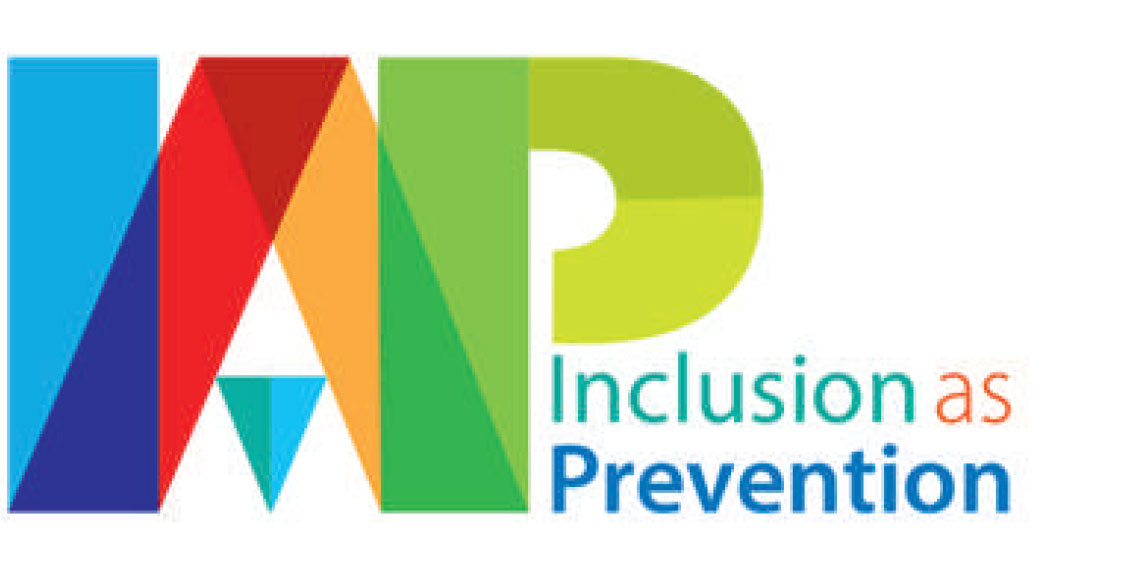The halfway point – how you can help
As Inclusion as Prevention (IAP) reaches the halfway point in its five-year span, Natasha Hessami reflects back on the first IAP Annual Assembly – and the ideas to help IAP grow that the community shared with us.
IAP joined the rest of the world in having our established ways of working challenged and changed by the COVID-19 crisis. Throughout lockdown we have been available when young people are and worked to fit ourselves into their schedules. We acknowledge and reward young people’s valuable knowledge and contributions to IAP in ways that are exciting to them. This may be a takeaway to eat while we chat, facilitating meaningful conversations with stakeholders, or planning events to showcase their work.
With young people at the core of what we do, we spend a lot of time bringing practitioners together. Our work with justice-system experienced young people saw collaboration taking place across four voluntary and statutory services. Our work with young people in transitionary stages is connecting teachers with social workers, family nurses, and health practitioners to put big ideas into action.
Ways to get involved
During the Annual Assembly we asked community members to share ways they could help IAP grow within South Lanarkshire. Responses fell into three main themes: relationship building, knowledge sharing, and expanding and strengthening place-based connections. The work of Inclusion as Prevention goes beyond individual projects as we seek to make meaningful systems change.
IAP is a relationship-based project. Connectivity, trust, and collaboration is key to breaking down siloed models of practice as we support cross-sector collaboration to identify early the children and young people who need support. Practitioners highlighted how partner agencies can continue to build networks of support that go beyond the limits of an organisation or an office to reach and support as many young people as possible.
There has been an immense amount of learning so far, and without collaboration there is a risk that new learning is not shared. Practitioners discussed the importance of sharing IAP learning and evaluation, along with the impact of various tests of change, to ensure appropriate actions are taken in relation to the findings. Sharing knowledge with elected members and other decision makers to support implementation of preventative and inclusive models of support is key to imparting meaningful systems change.
Staying grounded in relationships and knowledge sharing is especially important in a
place-based project like IAP. Approaches and projects are tailored to South Lanarkshire, and there is room for connections to be strengthened and formed – bringing in new practitioners and young people with experiences and resources that can expand impact. Similarly, as we look to share our learning beyond the boundaries of South Lanarkshire, we are keen to connect with practitioners interested in this work across Scotland.
Over to you…
So, if reading this blog has got you feeling inspired and wondering what YOU can do to make a difference, please get in touch! We’d love to hear from you – whether you work with children or families, are a parent or carer, or an interested community member. Please get in touch at inclusionasprevention@actionforchildren.org.uk to start the conversation.
About our blogger
Natasha is a Researcher at Dartington Service Design Lab. She is serving as the Project Researcher for the Improvement strand of IAP. Natasha has a passion for policy and practice that seeks to disrupt causes and perpetuation of inequality – and a track record of social justice advocacy work and both quantitative and qualitative research experience.

